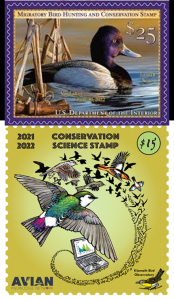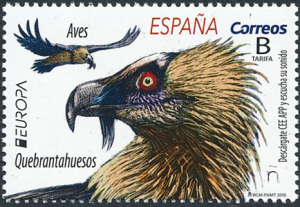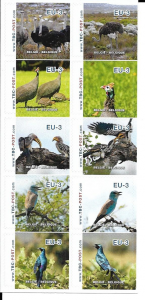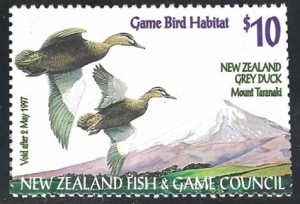(This article was written by a former member of the BSS)
Introduction

The Klamath Bird Observatory (KBO) is a not for profit bird conservation organisation located in the North West of the United States of America, with its base in Oregon. The KBO is concerned with bird conservation in the Pacific North West and throughout the ranges of the birds that migrate in that geographical area. The scope and extent of the KBO’s interests cover the Klamath-Siskiyou Bio-region located across Northern California and Southern Oregon.
The KBO has both managed and participated in a number of conservation projects, some of which have been centred on monitoring specific birds, including: the Oregon Vesper Sparrow (Pooecetes gramineus affinis); the Black Tern (Chlidonias niger); and Great Blue Heron (Ardea Herodias). KBO’s science projects also include habitat restoration and conservation, as well long-term monitoring of bird populations.
The KBO has issued its own Conservation Science Stamps for a number of years, since 2014. It became an agent for the Federal Duck Stamps in 2017 and since then, has sold the KBO Conservation Science Stamp (priced at $15) alongside the Federal Duck Stamp ($25.00).




